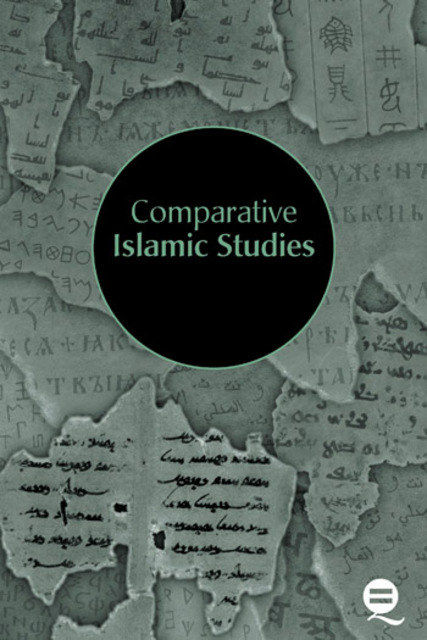The Upraised Mountain and Israel’s Election in the Qur’an and Talmud

Full description
In four passages in the Qur’an (Q 2:63, 93; 4:154; 7:171), reference is made to God raising up (or shaking) a mountain. In each passage, the context is God’s covenant with Israel at Sinai, and the text appears to say that God lifted up Mt. Sinai over the people of Israel. A parallel to this motif appears in early rabbinic sources, including a tradition cited twice in the Babylonian Talmud (Shab 88a and AZ 2b), which suggests that God threatened to drop Mt. Sinai on Israel if they refused to accept the Torah. In both Talmud passages, the discussion that unfolds probes the topic of God’s unique choice of Israel to receive the Torah. In its own allusions to the Sinai event, the Qur’an seems to presume a background narrative similar to the tradition found in the Talmud, in that the Qur’an’s references to God raising up the mountain make best contextual sense as examples where God had to force Israel to accept their covenant. In the Qur’an, the raising or shaking of the mountain represents one in a series of illustrations showing how the people were unwilling to believe and ultimately broke their covenant. The threat of the mountain also serves as a reminder that people should be on guard, in constant awareness of their accountability to God (taqw?). Moreover, the rhetoric surrounding the uplifted mountain theme in the Qur’an emphasizes the universality of God’s command for all to believe, as if the Messenger of the Qur’an was refuting an interpretation of the Sinai event that construed it as proof of Israel’s election. For both the Talmud and the Qur’an, each text’s manner of handling the uplifted mountain motif reveals something about the community behind the text. The discussions we find in the Talmud about the uplifted mountain and Israel’s election reflect the theological explorations we would expect to see in a developed religious culture lived out by a religious minority in an established empire. The Qur'an's discourse, in contrast, seeks to destabilize Jewish and Christian concepts of election and deploys the uplifted mountain motif to emphasize everyone's need to show reverent awareness of God.
- typeImage
- created on
- file formatjpeg
- file size79 KB
- container titleComparative Islamic Studies
- creatorMichael Wesley Graves
- issn1743-1638 (online)
- issue11.2
- publisherEquinox Publishing Ltd.
- publisher placeSheffield, United Kingdom
- rightsEquinox Publishing Ltd.
- volume
- doi
We use cookies to analyze our traffic. Please decide if you are willing to accept cookies from our website. You can change this setting anytime in Privacy Settings.
